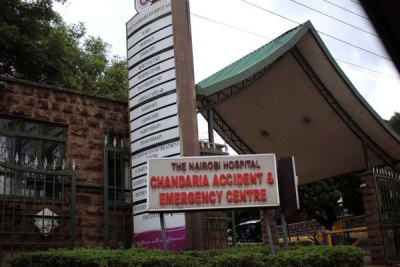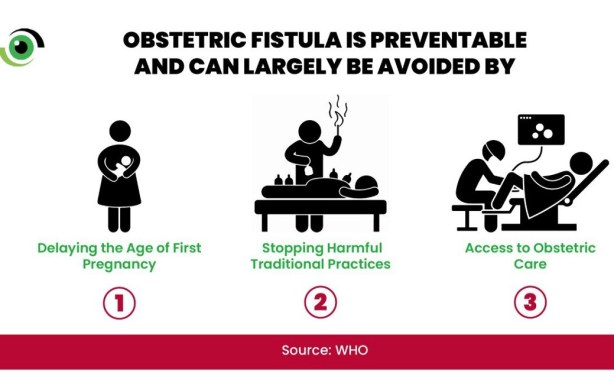-
Malawi: Fistula Repairs Redeeming Hope for Malawian Women
Nigeria Health Watch, 31 January 2022
Jackline Chiwinga remembered the euphoria of waking up to dry bedding after her successful obstetric fistula repair surgery. Seventeen years old and married, for one year, she… Read more »
Hope for Malawian Women Living With Fistula
Obstetric fistula is a serious reproductive health problem that occurs as a result of prolonged obstructed labour. Women who experience obstetric fistula suffer constant urinary or fecal incontinence which causes social isolation of the victims, and severe physical and mental ill-health, writes Josephine Chinele for the Nigeria Health Watch.
One percent of Malawian women and girls of childbearing age have experienced the condition, according to the Malawi Demographic and Health Survey of 2015-16. "The condition is a burden mostly affecting the poor, illiterate and young women living in rural areas with limited access to information services", said National Coordinator for Adolescents and Youth Sexual Reproductive Health Program, Hanz Katengeza.
United Nations Population Fund (UNFPA) has been supporting the Bwaila Fistula Care Centre with resources to complement its activities since 2020. They work with implementing partners, government, and non-governmental organisations, to identify women with obstetric fistula and ensure that they receive the necessary care and support.
Bwaila Hospital started fistula repairs in 2010 with repair surgeries being done in the facility's maternity theatres. In 2012, the Bwaila Fistula care Centre - then fully funded by Freedom from Fistula Foundation -- was opened within Bwaila Hospital premises. It is a 45-bed capacity facility with three wards and one theater. In partnership with UNFPA, the Centre has provided discharged patients with solar panels to light their homes and for phone charging businesses, some receive barbershop equipment, while others receive a tailoring package.
Malawi, Nigeria, and other countries where the condition still exists must learn from each other and incorporate into their interventions ways in which to, not only prevent the occurrence of fistula but also, ensure that support is available for those that need it.
InFocus
-
Health workers say patients fear contracting the virus, forcing those with obstetric fistula, a childbirth-related injury caused by birthing complications, to suffer in silence. ... Read more »



